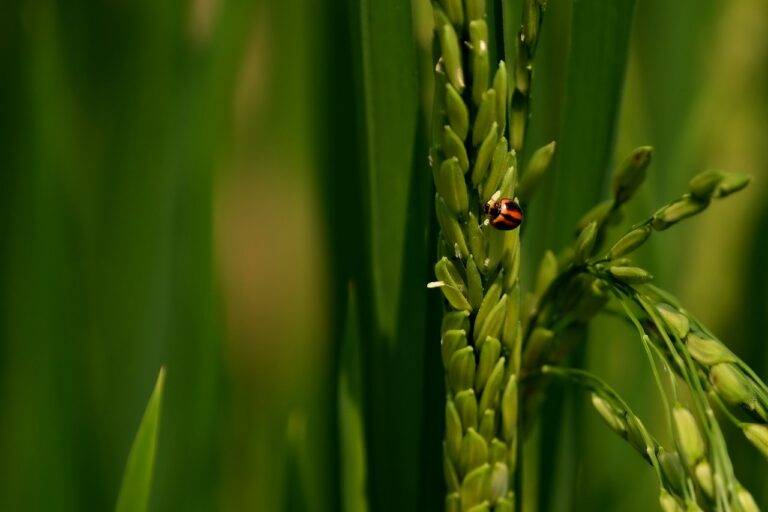The Impact of Food Waste on the Environment
Food waste is a significant issue affecting our global food supply chain. Shockingly, it is estimated that around one-third of all food produced for human consumption is either lost or wasted every year. This amounts to approximately 1.3 billion tonnes of food, worth nearly $1 trillion. The scale of this waste is immense, highlighting the urgent need for action to address this problem.
In developed countries, consumers are responsible for a large portion of food waste, with households throwing away a substantial amount of food each year. On the other hand, in developing countries, food loss often occurs earlier in the supply chain due to inadequate infrastructure and storage facilities. This disparity in where food waste occurs underscores the complex nature of this issue and the need for tailored solutions to tackle it effectively.
The Environmental Consequences of Food Waste
Food waste is a significant contributor to greenhouse gas emissions, with decomposing food in landfills producing methane gas, a potent greenhouse gas that traps heat in the atmosphere. This leads to increased global warming, exacerbating climate change and its severe impacts on the environment.
Moreover, the resources used to produce food that ultimately goes to waste also have a detrimental effect on the environment. Land, water, energy, and labor are all expended in the production of food that is never consumed, leading to unnecessary strain on natural ecosystems and further contributing to environmental degradation.
How Food Waste Contributes to Climate Change
Food waste has a significant impact on climate change due to the methane emissions that result from organic matter breaking down in landfills. When food is disposed of in these anaerobic conditions, methane gas is released into the atmosphere, contributing to the greenhouse effect. Methane is a potent greenhouse gas, with a warming potential much greater than carbon dioxide over a shorter time frame.
In addition to the direct emissions of methane from food waste in landfills, the resources used to produce the wasted food also play a role in climate change. The energy, water, and land required to grow, harvest, transport, and package food all contribute to carbon emissions. Therefore, when food is wasted, not only are greenhouse gases emitted during the decomposition process, but the resources invested in producing that food are also wasted, further exacerbating the environmental impact on our planet.





